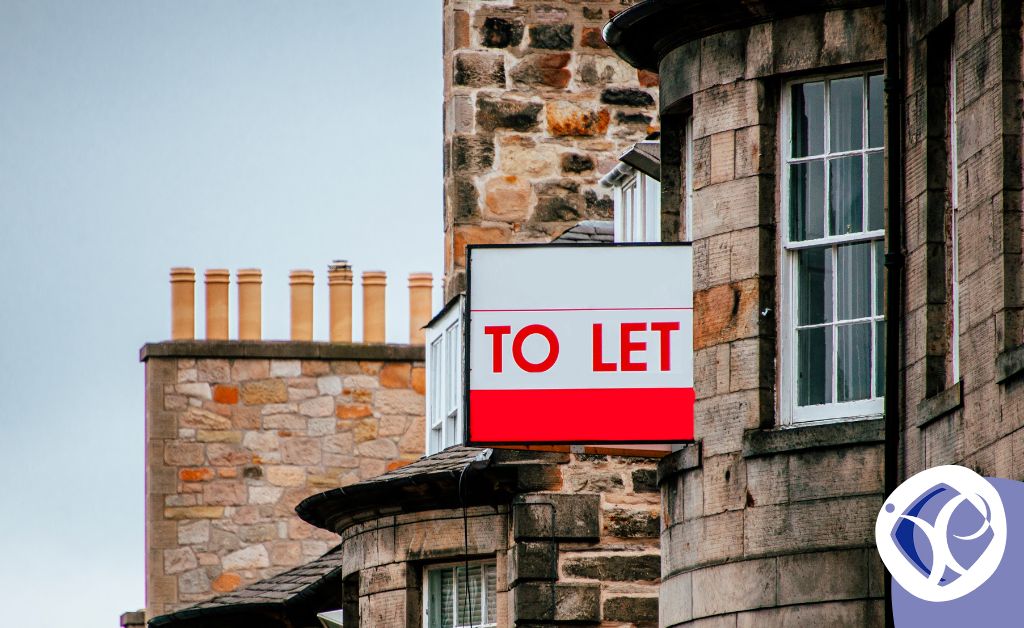Tax on buy-to let properties is often the deciding factor for whether to hold property personally or via a company. Let’s go over the differences so you can make an informed choice.

(3 minute read)
Today we’ll be discussing:
- How tax on buy-to-let properties differs between personal and company property
- How to get the lowest tax rates possible
Whether you’re just starting out as a landlord or have a portfolio full of properties, you will at some point find yourself deciding between holding property personally or through a company.
This is a big decision to make. But that’s why we’re here to help.
Tax On Buy-to-let Properties: Personal
When you hold property personally, rather than through a company, your earning will be taxed as Income Tax.
This can leave you with a very high tax bill, particularly if you’re renting out multiple properties or have other employment.
The tax rates are as follows:
| Taxpayer Band | Taxed Income | Tax Rate |
| Personal Allowance | Up to £12,570 | 0% |
| Basic Rate | From £12,571 to £50,270 | 20% |
| Higher Rate | From £50,271 to £150,000 | 40% |
| Additional Rate | Income over £150,000 | 45% |
Remember: the amount of tax you pay is based on how much of your income falls into each band, not your total income.
For example, if you earn £50,000 you pay no tax on the first £12,570 and 20% on the remaining £37,430. This gives us a final Income Tax bill of £7,486.
If you decide to hold property personally, you should check your eligibility for allowances and reliefs to alleviate the tax burden. Rent-a-Room Relief and Marriage Allowance, for example, could prove particularly useful.
Tax On buy-to-let Properties: Company
In contrast, your taxes may be substantially lower if you hold property via a company. This is because you pay Corporation Tax rather than Income Tax on your earnings.
Corporation Tax currently sits at 19%. However, it’s due to rise to 25% in April 2023.
To be more exact, profits over £50,000 will be taxed at 26.5% (with marginal relief available) and profits over £250,000 will be taxed at 25%.
This change is likely to hit many landlords, but for many, doing business as a company is still more tax efficient than working personally.
How to Decide?
The way you hold a property can have huge impacts on how much tax on buy-to-let you pay, but it isn’t the only factor to consider. There are plenty of other things that can influence your decision, such as if your rental is a Furnished Holiday Letting or if you own the property with other people.
Managing rental property is difficult for those new to the business and seasoned landlords alike. For more tips on managing rental property, check out our simplified guide to profits and losses.
Call us today at 01772 788200 to find out more, or WhatsApp us out-of-hours at 07787 010190. Sending an e-mail is simple too, just fill out the short form below and we’ll get back to you!
Kind regards Ilyas
